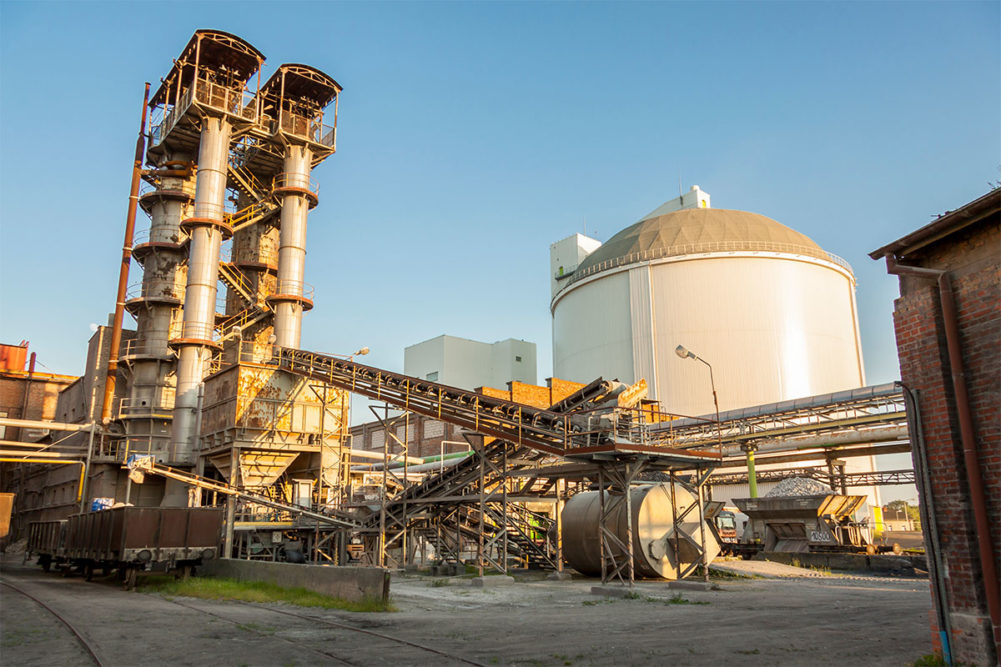ST. PAUL, MINN. — A proposed anti-trust class-action lawsuit filed March 19 accuses several major US sugar producers and others of artificially inflating granulated sugar prices and seeks unspecified triple damages among other things and demands a jury trial.
The case, Morelos Bakery LLC v. United Sugar Producers & Refiners Cooperative et al (No. 0:24-cv-00966) was filed in US District Court in the District of Minnesota by Morelos Bakery LLC, based in St. Paul, Minn., on behalf of themselves and “all others similarly situated.”
The court documents filed in the Morelos Bakery case are similar to those filed March 14 by KPH Healthcare Services, Inc. v ASR Group International Inc. et al, in the US District Court for the Southern District of New York (No. 1:24-cv-01941). Indications were a third similar lawsuit also was filed, with the various lawsuits including Great Harvest Bread in Duluth, Minn., and Connecticut restaurant group WNT in addition to Morelos Bakery and KPH Healthcare.
Defendants named in both the Morelos Bakery and KPH Healthcare cases include ASR Group International, Inc., American Sugar Refining, Inc., Domino Foods, Inc., United Sugar Producers & Refiners Cooperative F/K/A United Sugars Corp., Michigan Sugar Co., Commodity Information, Inc., and Richard Wistisen. The Morelos Bakery case adds Cargill as a defendant.
“Since at least as early as Jan. 1, 2019, defendants and their co-conspirators conspired and combined to fix, raise, maintain and stabilize prices for granulated sugar sold throughout the United States,” the Morelos court filing alleges, among other accusations. The court filing said Morelos Bakery “purchased granulated sugar indirectly from one or more defendants in Connecticut and suffered antitrust injury as a result.”
At least three of the defendants named said they believe the cases were without merit and they would vigorously defend themselves from “baseless accusations,” without further commenting on the litigation.
The plaintiff asks the court to certify the action as a class action; adjudge and decree that the acts of defendants “are illegal and unlawful . . . a per se violation of various state antitrust and competition laws as alleged;” permanently enjoin and restrain defendants (and others) from continuing in the alleged activities; grant treble the amount of alleged (unspecified) damages; grant further relief as the court deems just and appropriate; and demands a trial by jury.




